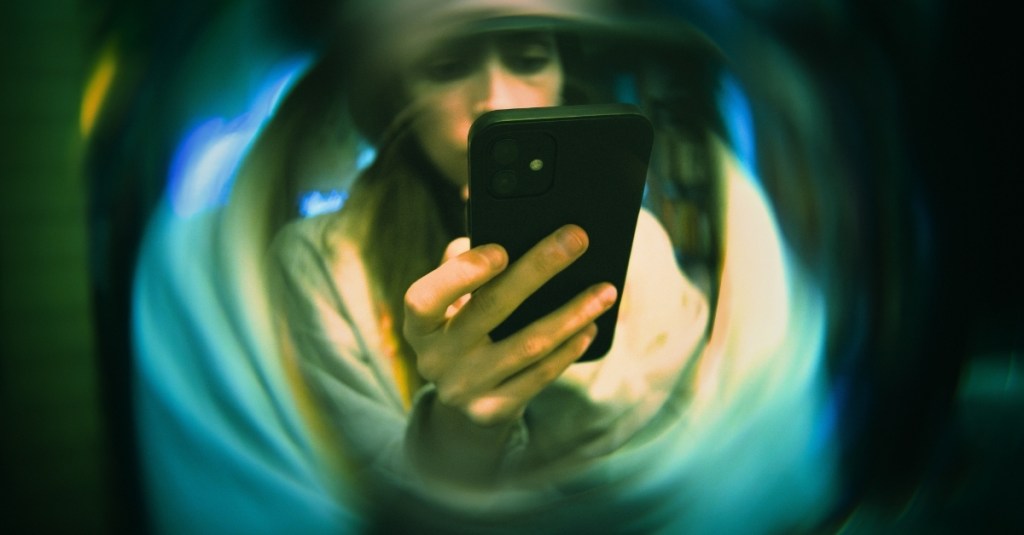Anyone who uses social media understands the rush of validation after posting a photo—whether it’s a selfie, a shot of their new home, an art project they’ve been working on, or even a picture of their partner. Realistically, we all, to some degree, crave this attention or approval from others.
I don’t care what you say: if you’re posting content online, you’re going to subconsciously seek validation, and that’s not necessarily a bad thing. In fact, it’s simple science.
“When we receive a like or a comment, our brains release dopamine, the feel-good chemical that rewards us for enjoyable experiences,” said Rob Phelps of Digital PR.
However, social media also packs a ton of uncertainty. What might work one day could completely flop the next, thanks to the algorithm, posting times, and various other factors.
“The unpredictability is what makes it so addictive,” Phelps said. “The anticipation is often just as powerful as the reward itself. It keeps us hooked to our phones and refreshing our feeds constantly, searching for a dopamine hit.”
And while validation in and of itself isn’t inherently harmful, the dire need—and willingness to do whatever it takes—to get it can be. If your self-worth relies on external validation, you’re just setting yourself up to fail.
But in this digital age that thrives off recognition and affirmation, it can feel impossible not to actively seek it out—especially online. Phelps outlined four ways to break the cycle of digital validation-seeking.
1. Mute Your Notifications
If you’re constantly waiting by your phone for likes, comments, texts, and other notifications to appear, you might want to mute your cell and take some space.
“Constant pings are meant to keep you hooked,” said Phelps. “Turning them off puts you back in control. Without the constant reminders, you’ll soon realise how much less you feel the need to go on your phone.”
2. Reframe Your Success
Rather than relying on superficial attention to fuel your self-worth, focus on building genuine connections and support systems.
“Try [to] value meaningful interactions over likes,” Phelps recommended. “One heartfelt comment is worth more than a hundred mindless likes. It shifts the focus from quantity to quality, making your online time feel more rewarding.”
For example, I used to get highly discouraged when I’d post my writing online and only get a few likes. However, as I continued, I realized even just one person finding comfort in my words was enough for me.

3. Set Boundaries
With social media use must come secure boundaries. Otherwise, you could lose hours of your day scouring the internet for validation.
“Choose one day a week for a 24-hour no-check rule,” Phelps recommended. “This will detach self-worth from the fast rush of engagement. By creating a space, you’ll reduce the emotional impact of the highs and lows that come with refreshing your phone.”
In my experience, the less I’m aimlessly scrolling on social media apps like TikTok, the more confident I feel in myself. Sometimes, we don’t even realize the hidden narratives and harmful messages we receive from social media.
4. Find Offline Validation
Like I said earlier, validation is not a bad thing. However, constantly seeking it online can become a toxic habit that destroys your sense of self.
Instead of searching for quick hits on social media, get off your phone and cultivate it elsewhere.
“Invest in real wins such as enjoying a new hobby, finishing a project, or connecting with loved ones,” said Phelps. “Confidence thrives in action, not approval. Offline achievements are real, lasting, and immune to algorithms.”
The post 4 Ways to Quit Caring About Likes and Actually Live Your Life appeared first on VICE.




